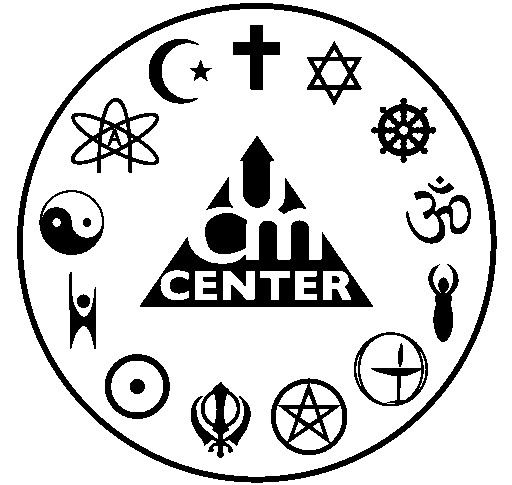Today’s post is from Rachel Hyden, Campus Organizer for Ohio University’s Better Together Campaign.
For the majority of my life I have had no religious identity. As a child my parents never took me to church, and through high school I never much spoke of religion. It wasn’t until college that I really started questioning my beliefs– not only the basic questions like where I came from, what my purpose is, and if there is a God, but questioning where I fit in. I knew I was a moral person- I believed in equity, I believed in peace, and I believed in doing what was best for this planet and the people on it. But I didn’t know where I fit in. Was there a religious community out there for somebody like me? Someone who doesn’t identify with a religion, but instead lives a life based on the common morals and ethics you would find in most religious codes? What do you call somebody like me?
What I’ve come to realize through my interfaith organizing is this– I don’t need a label to fit in. My morals and my values are my religion, and I am finally comfortable with the lack of title. It wasn’t easy getting to this point– for so long I craved to believe in a recognized religion. But I don’t need the label to fit into this community, this interfaith community. And here at Ohio University, this interfaith community is really starting to grow.
On September 11, over 350 OU and Athens community members gathered for an Interfaith Peace Walk. With so many faith traditions represented, it was utterly breathtaking to see the diversity intertwining through the crowd. Labels and no labels, we were a community walking as one. And despite our differences, we stood side by side for our shared belief in peace. There are few words that can truly describe the moment when I felt the sense of belonging that I had been yearning for. It was incredible.
While the Peace Walk was a moment that will stay with me for a lifetime, I know there are many more to come. Better Together at Ohio University will be working this year to raise $5,000 to build a well in a developing nation. If that goal is reached and we can successfully give a community access to clean and safe drinking water, I know that moment will change me forever. With just one year of interfaith organizing, we have the potential to save someone’s life. Imagine what we could do with ten?
